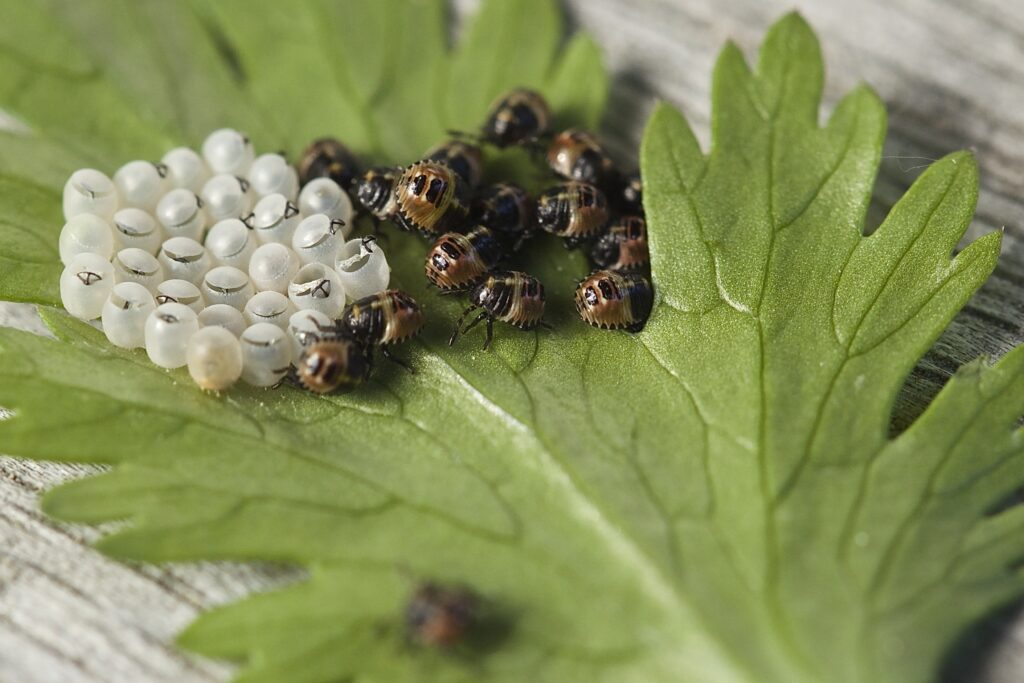In the intricate tapestry of Earth’s ecosystems, insects play a role that is both fascinating and essential. These diminutive creatures, often overlooked or dismissed, constitute a vast and diverse world unto themselves. From the gentle pollinators that ensure our food supply to the cunning predators that maintain ecological balance, insects are the unsung heroes of the natural world. In this exploration, we embark on a journey into the curious world of insects, shedding light on their remarkable diversity and significance.
Diversity Beyond Imagination
When we think of insects, we might conjure images of common household pests or buzzing flies. However, the reality is far more complex and captivating. Insects make up the largest class of the animal kingdom, with over one million described species, and scientists estimate there could be millions more awaiting discovery. This staggering diversity encompasses a wide array of shapes, sizes, colors, and behaviors, making insects a source of endless fascination for researchers and nature enthusiasts alike.
Pollinators: Nature’s Miracle Workers
Among the most celebrated insects are the pollinators, whose role in sustaining the world’s food supply cannot be overstated. Bees, butterflies, and even some species of beetles and flies are crucial players in the pollination of plants, including many of the fruits, vegetables, and nuts we depend on. The delicate dance of a bee as it flits from flower to flower, transferring pollen and facilitating fertilization, is a marvel of evolution. Without these tireless pollinators, our agricultural systems would crumble, and our diets would be devoid of many beloved foods.
Predators: Nature’s Balancers
On the flip side of the insect world, we encounter the formidable predators. Mantises, dragonflies, and assassin bugs are just a few examples of insects that have evolved into efficient hunters. These skilled predators help keep pest populations in check, preventing agricultural and ecological imbalances. Dragonflies, for instance, are adept aerial predators, with exceptional flight skills and vision, allowing them to snatch prey mid-air. Their presence helps control mosquito populations and maintain the equilibrium of aquatic ecosystems.
Mimicry and Camouflage: Nature’s Artistry
Insects have mastered the art of mimicry and camouflage, a testament to their adaptability and survival strategies. Consider the stick insect, a marvel of camouflage, resembling a twig so convincingly that it can go unnoticed even when in plain sight. Butterflies like the owl butterfly employ eye-catching patterns on their wings to deter predators, while some moths mimic wasps to deter potential threats. These incredible adaptations demonstrate the endless creativity of nature in the face of survival challenges.
Social Insects: Cooperative Communities
Some insects have taken social organization to remarkable levels. Ants, termites, and bees form highly structured communities, complete with specialized roles for each member. The intricate hierarchy and cooperation within these colonies are awe-inspiring. Ants, for example, divide labor among workers, soldiers, and queens, each with distinct responsibilities to ensure the colony’s survival. Honeybees, on the other hand, showcase a complex system of communication and collective decision-making.
The Threat of Insect Decline
Despite their incredible adaptability and resilience, insects are facing unprecedented challenges. Habitat loss, pesticide use, climate change, and pollution are threatening insect populations worldwide. The decline of pollinators is particularly concerning, as it jeopardizes our food security and the diversity of our ecosystems. Conservation efforts are urgently needed to protect these vital creatures and the ecosystems they support.
Conclusion
In the curious world of insects, we discover a realm of astounding diversity and significance. From the unsung heroes of pollination to the cunning predators that maintain ecological balance, insects are integral to the functioning of our planet. Their mastery of mimicry, social organization, and survival strategies captivates and inspires. Yet, we must also confront the challenges they face, from habitat loss to climate change. As stewards of the Earth, it is our responsibility to protect and preserve this fascinating world of insects, for they are not merely a curiosity but a cornerstone of life on Earth.








